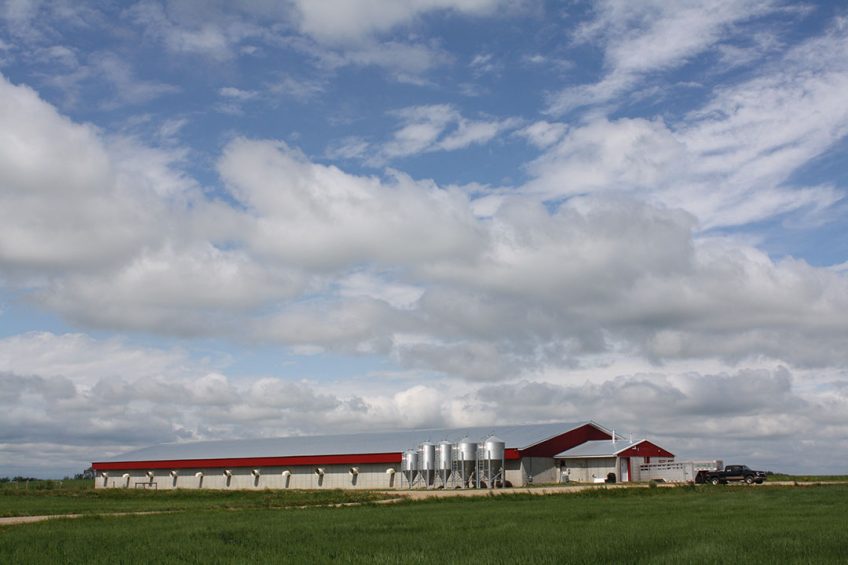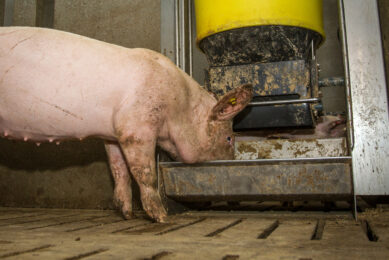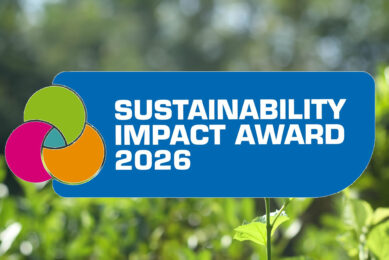Canada’s pork farmers recognised as sustainable sources

Canadian pork farmers increasingly receiving recognition by ensuring they are considered ‘sustainable sources’ through participation in the famous Environmental Farm Plan.
Sustainability is becoming an important part of doing business in the agriculture and food sectors across the globe. On a global scale, dozens of major food companies such as Nestle, Cargill, Unilever and McCain have now signed on to be part of the Sustainable Agriculture Initiative (SAI). SAI members,” SAI the initiative states on its website, “ensure that the agricultural commodities and ingredients they use are supplied from sustainable sources” through the SAI Farmer Sustainability Assessment (FSA).
In Canada, pork, beef, poultry, grain and other farmers are beginning to gain FSA recognition through the harmonisation of FSA requirements with the requirements of the well-established Environmental Farm Plan (EFP).
Farmer groups in Ontario, Canada
The EFP originated in 1993 by way of a farmer group within the Ontario Soil and Crop Improvement Association. Ontario farmers in general were concerned with regulations that were expected to be imposed by the new provincial government.
So, to avoid having to comply with regulations/practices that might not work well, or at all (ones that would have been created by bureaucrats and not farmers), the farmers decided to try creating a best practices programme of their own. After the initiative became a proven success, Ontario’s EFP model was adopted by other provinces and similar programmes have been created in other countries.
Livestock manure is a big issue
The EFP is a voluntary self-assessment of a farm or ranch which determines environmental assets and risks, and also includes an action plan to reduce identified risks. Livestock manure is the biggest issue, but excess fertiliser run-off and many other issues can be addressed. Provincial governments provide funding through cost-sharing initiatives related to improved manure storage and handling, best cropping practices, reducing energy use and much more.
Now, in Quebec, Saskatchewan and Alberta (with all other provinces expected to follow), participation in an EFP has been made equivalent to meeting the sustainability requirements of the FSA.
Read more about pig production in Canada
Livestock industry contributes to a healthy environment
Gary Stordy, director of government and corporate affairs at the Canadian Pork Council, says that the alignment of pork producers’ EFP requirements with FSA requirements ensures the industry as a whole contributes to a healthy environment. “All pork farmers in Canada have an EFP,” he notes. “Producers use the EFP and its tools because they care about the environment and the community they live in. They use the best practices available, guided by information in their EFP, to minimise the impact of their farms.”
SAI member McCain Foods, a Canadian-based global firm which sources pork products such as pepperoni for its ‘Pizza Pockets’ microwavable snacks, was not available for comment at this time.
Harmonisation of EFP in various Canadian provinces
The EFP in various provinces is also being ‘harmonised’ with the requirements of specific companies. For example, Roquette of France, a global leader in plant-based protein and other ingredients which is now building the world’s largest pea processing facility in Manitoba, has identified the EFP as the best means to ensure its producers meet its sustainable sourcing standards. Manitoba Agriculture has collaborated with Roquette to develop a specific Pea Production Chapter in the Manitoba EFP.











